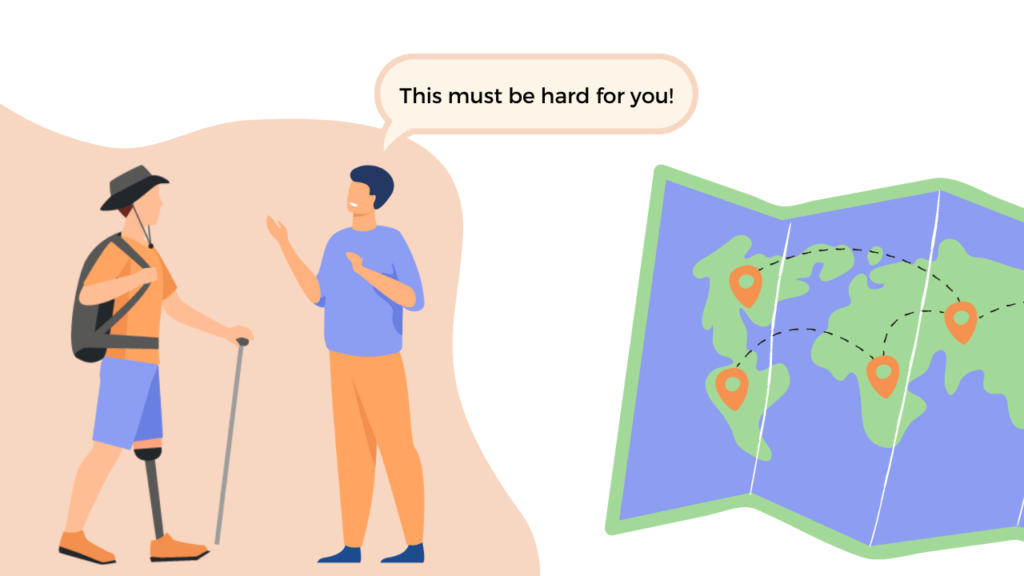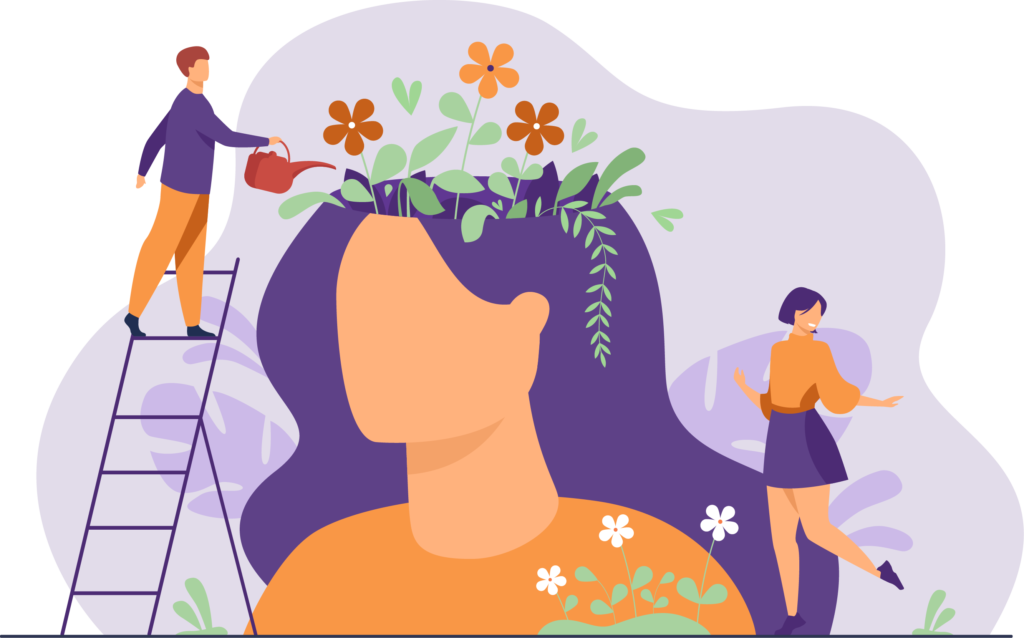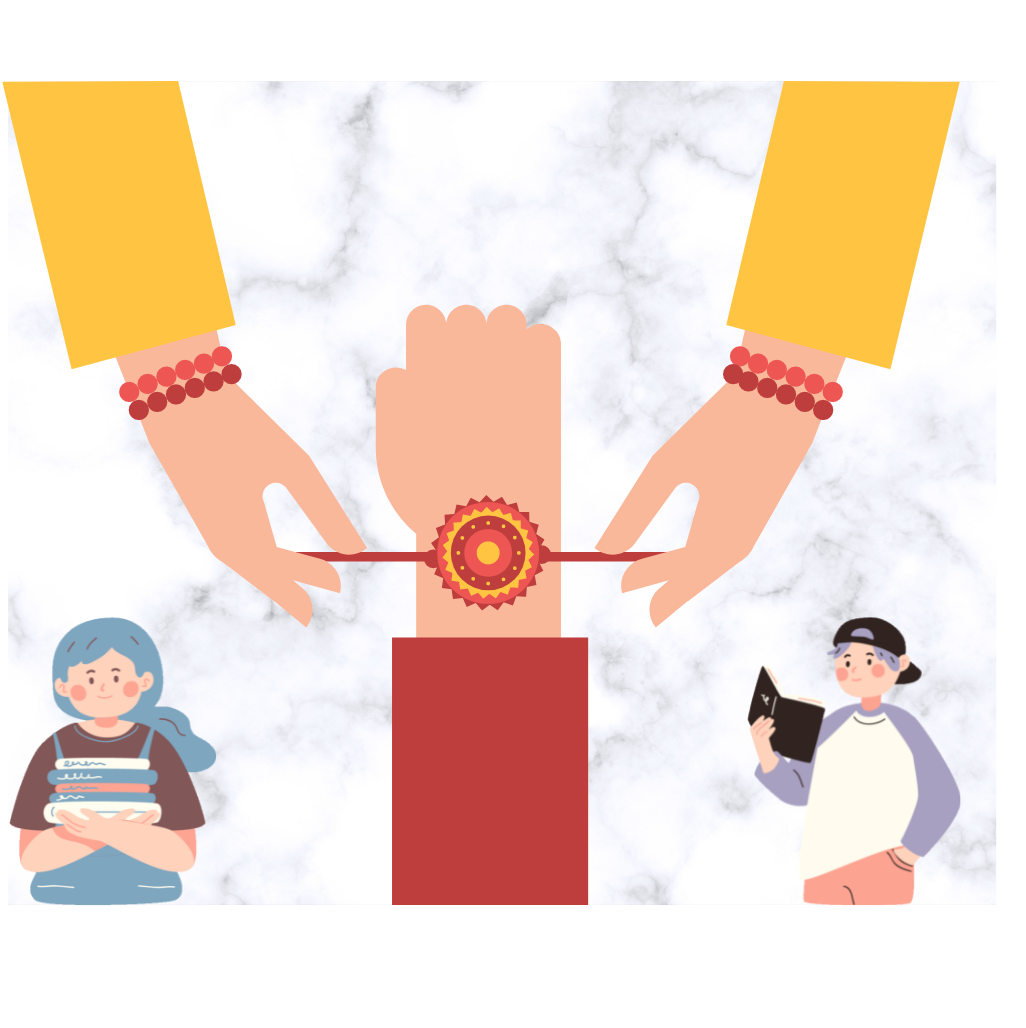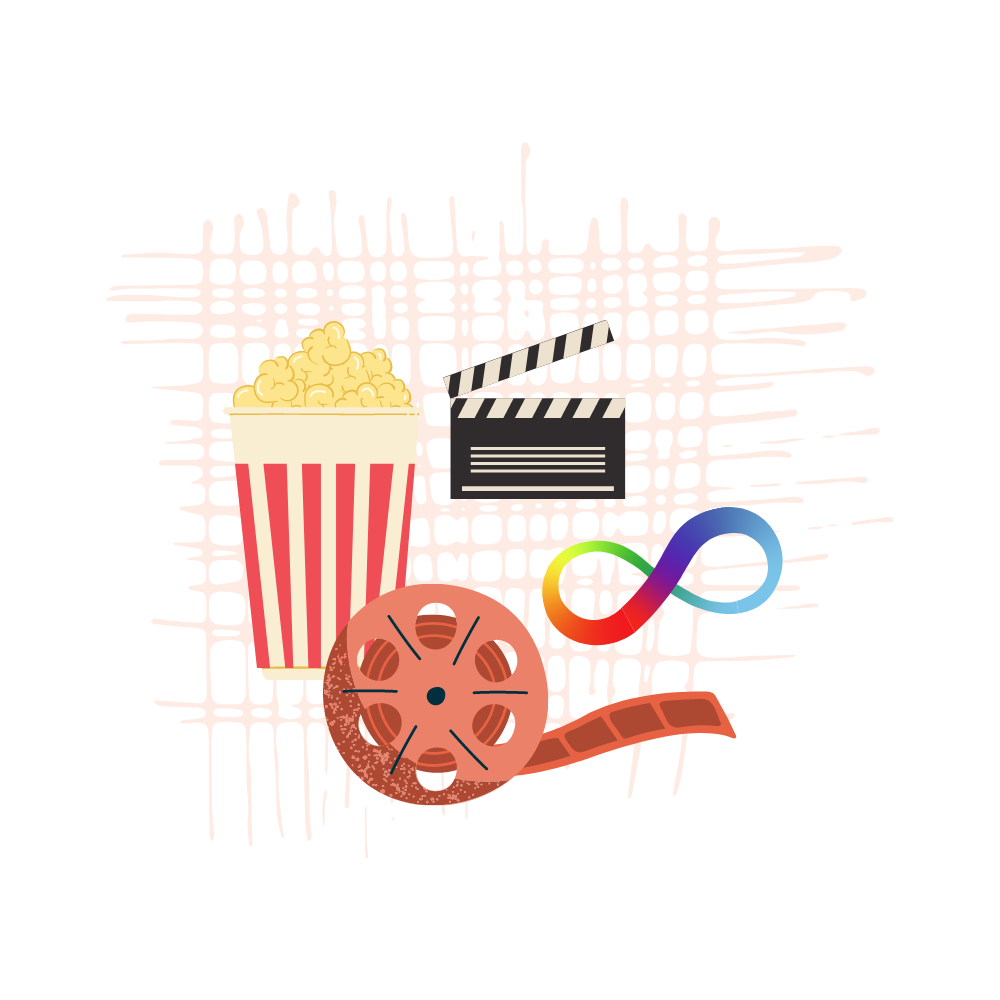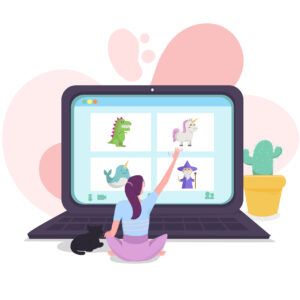Celebrating an inclusive Diwali
Diwali is a time for celebration. Its a time when we celebrate togetherness and try to drive away negativity with light. However, Diwali and other Indian festivals can bring unique challenges to neurodiverse people. This maybe due to disrupted routines, sensory overload and changes to usual sets of activities. There’s also the extra noise, the
- Published in Basics of Neurodiversity
Adaptive Clothing
Inclusion can be defined as the practice or policy of providing equal access to opportunities and resources for people who might otherwise be excluded or marginalized, such as those who have physical or mental disabilities and members of other minority groups. As we start being inclusive in all spheres and social practices, it becomes extremely
- Published in Uncategorized
What is Ableism?
Ableism is defined as the discrimination and oppression of disabled people; the societal belief that being abled is “normal” and is preferred. It is a system of oppression that favours being able-bodied/able-minded at any cost, frequently at the expense of people with disabilities. (Stacey Milbern “Ableism is the Bane of My Motherfuckin’ Existence”). At its
- Published in Basics of Neurodiversity, Healthcare & Neurodiversity, Uncategorized
Neurodiversity and Academia
The word “disability” has been a subject of a wide spectrum of debate for ages. Individuals and communities over the years have tried to come up with a definition of the word “disabled” that encompasses most of the “disabilities”. These trials have led to a gradual evolution of various models of disability. These models often
- Published in Basics of Neurodiversity, Global overview of Neurodiversity
The Raksha Bandhan of Neurodiversity
For generations, traditional social structures have found themselves closely wedded to the idea that psychological differences are aberrations that threaten the longevity of a ritual and are harmful to “traditions”. The idea of neurodiversity did not fit into the narrative of “culture”.However, prevalent social rituals such as Raksha Bandhan have paved the way for the
- Published in Basics of Neurodiversity
Neurodiversity and Bollywood
Mainstream Indian cinema has its fair share of disability portrayals. But have they been realistic—especially when such disabilities are invisible? Cinema is considered to be a powerful medium to reflect and influence what society thinks and believes. Between the real and reel life, the silver screen has educated the masses—fostering changed practices and attitudes while
- Published in Basics of Neurodiversity
Active Screen Time and Neurodivergence
- Published in Avatar Adventures, Education & Neurodiversity
Learning Made Fun with Avatars
Have you seen your child mimicking their favourite dance moves from Chhota Bheem? Or maybe copying Doraemon’s actions? As impressionable young minds, children consider avatars and cartoons as their ‘equals’. Modelling after their peers, which can be virtual avatars, is a common trait found in all neurodiverse children. The concept of avatars and video modelling
- Published in Avatar Adventures



